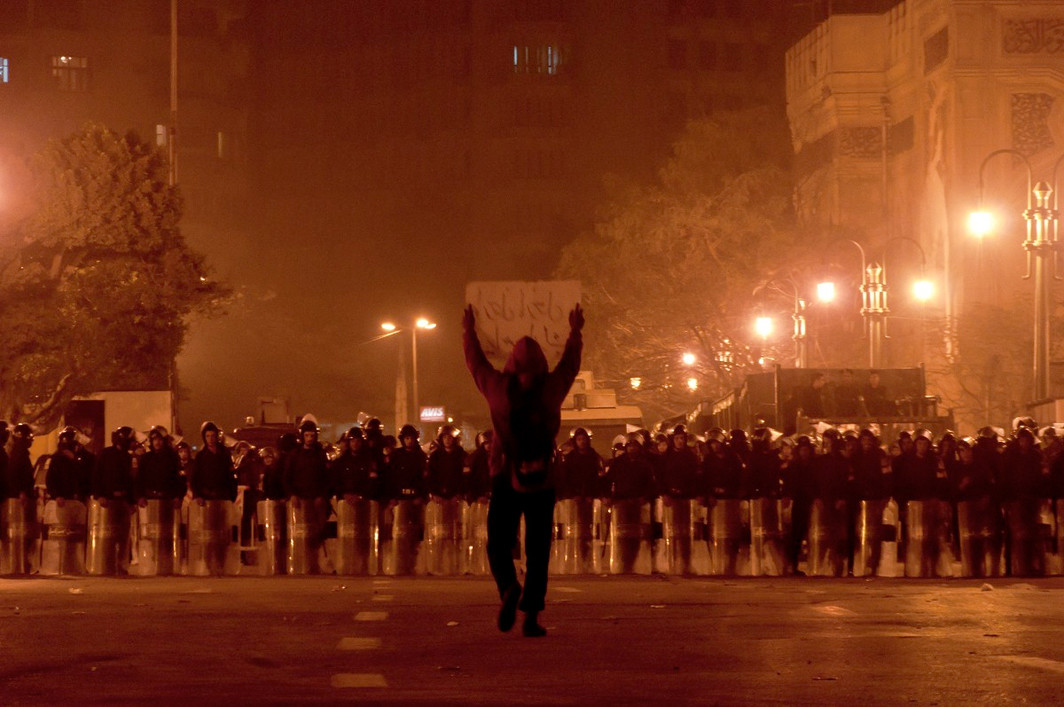
Random-Penguin, Penguin-House—whatever you want to call it, the merger of two of the world’s biggest publishers is officially complete. The company, headquartered in New York, now employs over 10,000 people and will publish roughly 15,000 books a year across 250 different imprints.
Is it still worth a writer’s time to publish in print journals when it’s so easy to post your work online? At HTMLGiant, novelst Shane Jones (Light Boxes) poses the question to “a literary agent at a reputable firm” (who preferred to remain anonymous) and concludes that, contrary to his initial suspicion, “publications do matter, according to this agent, who I respect and has published authors I respect.”
Actors and authors may be struggling to make a living wage, but a recent New York Times article notes that professional audiobook readers seem to be doing fairly well. The Times profiles a classically trained actor who has managed to make ends meet by reading two audiobooks a month: gigs that net her anywhere from $1,000 and $3,000 a book, and allow her to pursuing acting jobs on the side. The field also seems to be growing fairly quickly, and in unusual ways: recent surveys show that audiobook sales been “rising by double digits annually in recent years,” and two years ago, the University of Pennsylvania offered the first audiobook-only course on British fiction and “the rise of the audiobook format.”
As protests once again sweep Egypt, we recommend following @monaelthahawy, @Haithamtabei, and @patrickkingsley on Twitter. And for something more literary, revisit Tom Meaney’s Bookforum essay on literature in exile, the Arab Spring, and Egyptian novelist Albert Cossery.
He’s already got the rights from David Foster Wallace’s estate, and now all director Francesco Marchione needs is $27,000 to adapt one of the late author’s stories into a 25-minute film. (He’s already raised $3,000 of a $30,000 goal on Kickstarter.) If you want some insight into Marchione’s take on “Oblivion,” he describes the story as “a marital conflict over snoring [that] results in sleep deprivation, hallucination, and ultimately revelation.”
In the wake of the mass layoffs at Granta—including the departure of longtime editor-in-chief John Freeman—publisher Ingrid Rausing takes to The Bookseller to explain the recent shake-ups, Granta’s future, and her desire for a “leaner structure” for the magazine.
